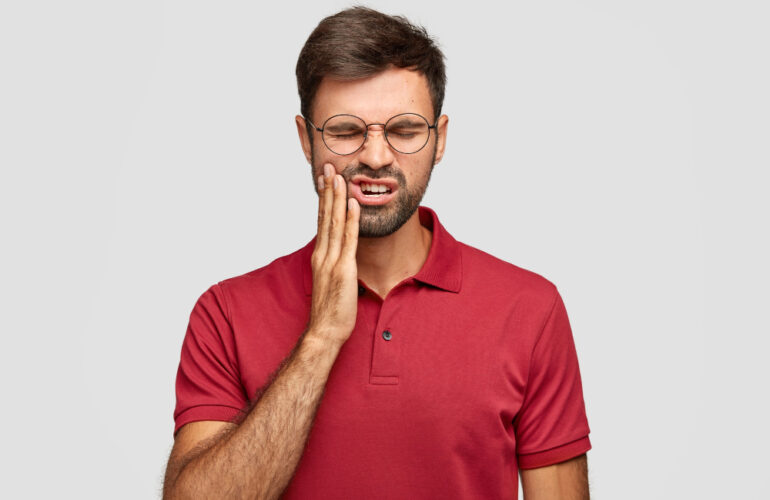Dental occlusion or “your bite” could be defined as contact between the top and bottom teeth when closing the mouth. Correction of the bite through orthodontic and other treatments leads to better dental health. It’s been known in the field of occlusion that malocclusion (bad bite) may be associated with neck, back and other postural problems.
Lately, two new studies appear to further confirm this clinical hypothesis.
Two new studies, carried out in collaboration between the Department of Physiology at the University of Barcelona (Spain) and the University of Innsbruck (Austria), indicate a connection between bad bite and poor posture.
“When there is a malocclusion, it is classified according to scientifically established criteria. What is relevant in the study is that malocclusions have also been associated with different motor and physiological alterations,” explains Sonia Julià-Sánchez to Sinc, the main author of the studies and a researcher at the Catalan University.
Both studies, whose results have been published in Motor Control and Neuroscience Letters, provide conclusive data which show that postural control is improved -both in static and dynamic equilibrium- when different malocclusions are corrected by positioning the jaw in a neutral position.
It has been known that athletic performance can be enhanced through bite guards as well as other means of bite correction. These studies further emphasize the role occlusion plays in the prevention of injuries such as sprains, strains and fractures caused by unexpected instability as fatigue increases and motor control capacity decreases.
“Therefore, it would be helpful for both the general population and athletes to consider correcting dental occlusions to improve postural control and thus prevent possible falls and instability due to a lack of motor system response,” adds Julià-Sánchez.
“Postural control is the result of a complex system that includes different sensory and motor elements arising from visual, somatosensory and vestibular information,” explains the expert.
Dr. Julià-Sánchez explains neurophysiological aspects of the phenomenon. There is a reciprocal influence between the trigeminal nerve and the vestibular nucleus ‑which are responsible for the masticatory function and balance control, respectively‑ as well as between the muscles of mastication and of the neck.
This influence would explain why dental malocclusions negatively affect postural control. Up until now, however, there was no conclusive research.
“The main problem stems from the fact that the majority of these studies had statically assessed balance under conditions of total stability, which in practice has little actual application in the control of posture while in action,” points out Julià-Sánchez.
The first study took into account the type of dental occlusion as well as whether there had been previous orthodontic treatment. The results showed that alterations in alignment of the teeth were related to poorer control of static balance.
The second study assessed the type of dental occlusion, control of posture and physical fatigue in order to analyze a possible relationship among these factors. The analysis demonstrated that balance improved when malocclusions were corrected, and that the latter had a greater impact on postural control when subjects were fatigued than when they were rested.
The take home lesson from these studies is that, no matter what age or occupation, malocclusion should be corrected. This could at the least prevent falls and accidents.
So see your dentist regularly and ask about your “bite.”





